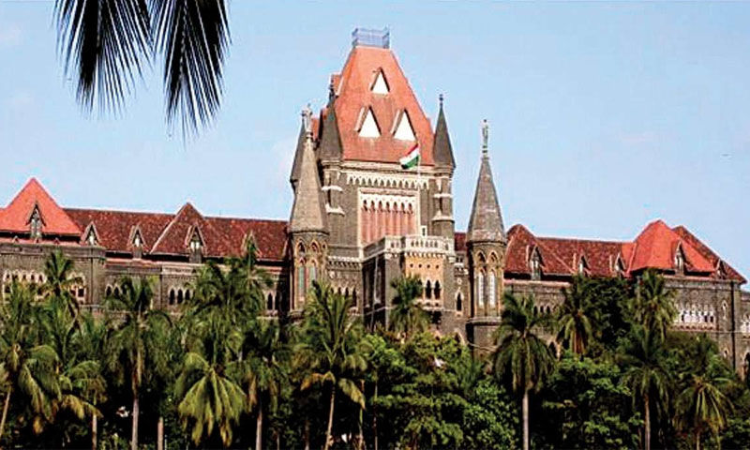Arbitral Tribunal Can't Pass Ex-Parte Ad-Interim Order; Arbitration Act Mandates Advance Notice : Bombay High Court
Sharmeen Hakim
19 Oct 2021 12:04 PM IST

Next Story
19 Oct 2021 12:04 PM IST
An arbitration tribunal cannot pass an ex-parte order on the mere filing of an interim application as the Arbitration and Conciliation Act of 1996 mandates sufficient advance notice for any hearing, the Bombay High Court has held. Justice GS Kulkarni observed that a combined reading of Sections 18,19 and 24 (2) of the Act requires all parties to be treated fairly at all stages. Also,...
